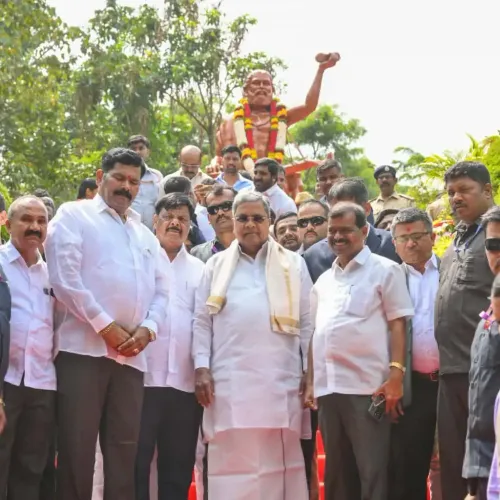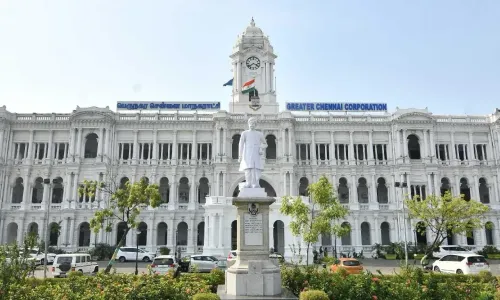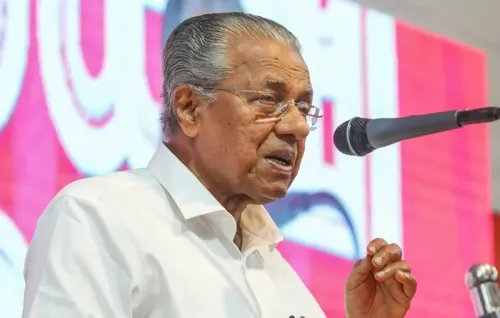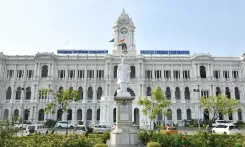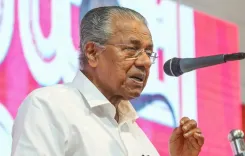Why Are Indian Tourists Boycotting Turkey and Azerbaijan?
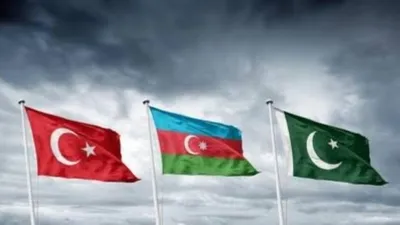
Synopsis
Key Takeaways
- Indian tourists are boycotting Turkey and Azerbaijan.
- Mass cancellations have surged significantly.
- Travel platforms are adjusting their offerings.
- The boycott could harm tourism-dependent economies.
- National interests are influencing travel decisions.
New Delhi, May 14 (NationPress) A large number of Indian tourists are now withdrawing from their travel plans to Turkey and Azerbaijan due to these nations' support for Pakistan in the ongoing tensions with India, particularly after the tragic killing of 26 tourists in Kashmir’s Pahalgam by terrorists linked to Islamabad.
Top travel booking platforms, such as MakeMyTrip and EaseMyTrip, have reported a significant number of cancellations and a notable decline in interest from Indian tourists wishing to visit Turkey and Azerbaijan, attributed to their anti-India stance during Operation Sindoor.
MakeMyTrip indicated that Indian travelers have demonstrated considerable discontent over the past week, with bookings to Azerbaijan and Turkey dropping by 60 percent while cancellations skyrocketed by 250 percent in the same timeframe.
Although the platform continues to provide flight bookings to these countries, MakeMyTrip stated, “We are in solidarity with our nation and, out of profound respect for our armed forces, we fully support this sentiment and recommend avoiding all non-essential travel to Azerbaijan and Turkey. We have ceased all promotions and offers on our platform to deter tourism to these destinations.”
Nishant Pitti, the founder and former chairman of EaseMyTrip, reported a 22 percent cancellation rate for trips to Turkey and over 30 percent for Azerbaijan.
He advised travelers to steer clear of Turkey and Azerbaijan due to their evident support for Pakistan during Operation Sindoor.
In a post on X, Pitti also brought attention to the matter of celebrities promoting Chinese products and emphasized the importance of prioritizing national interests over personal gains.
“A valid question arises—what of websites owned by Chinese companies? What about celebrities endorsing Chinese products? The resolution lies in our choices. Cease using such platforms. Boycott those endorsements. National interest versus personal convenience or profit. It’s time to act,” Pitti stated on X.
He further mentioned that the platform has decided not to cancel or boycott existing bookings to prevent widespread inconvenience, as many travelers utilize Turkey merely as a layover.
This boycott from Indian tourists is anticipated to have a considerable effect on the economies of both nations.
The Azerbaijan Tourism Board reported that approximately 243,589 Indian tourists visited the country in 2024, with expectations of an 11 percent growth over the next decade. Turkey welcomed 330,000 Indian travelers in 2024, up from 119,503 in 2014, according to the Ministry of Culture and Tourism of Turkey.
Each Indian tourist is estimated to spend between $1,200 and $1,500 in Turkey, leading to an approximate total spending of $350 to $400 million (around Rs 3,000 crore) by Indian tourists in Turkey in 2023.
Turkey relies heavily on tourism, with this sector contributing roughly 12 percent to its GDP and accounting for 10 percent of all employment within the country. India is recognized as one of Turkey’s fastest-growing source markets.

